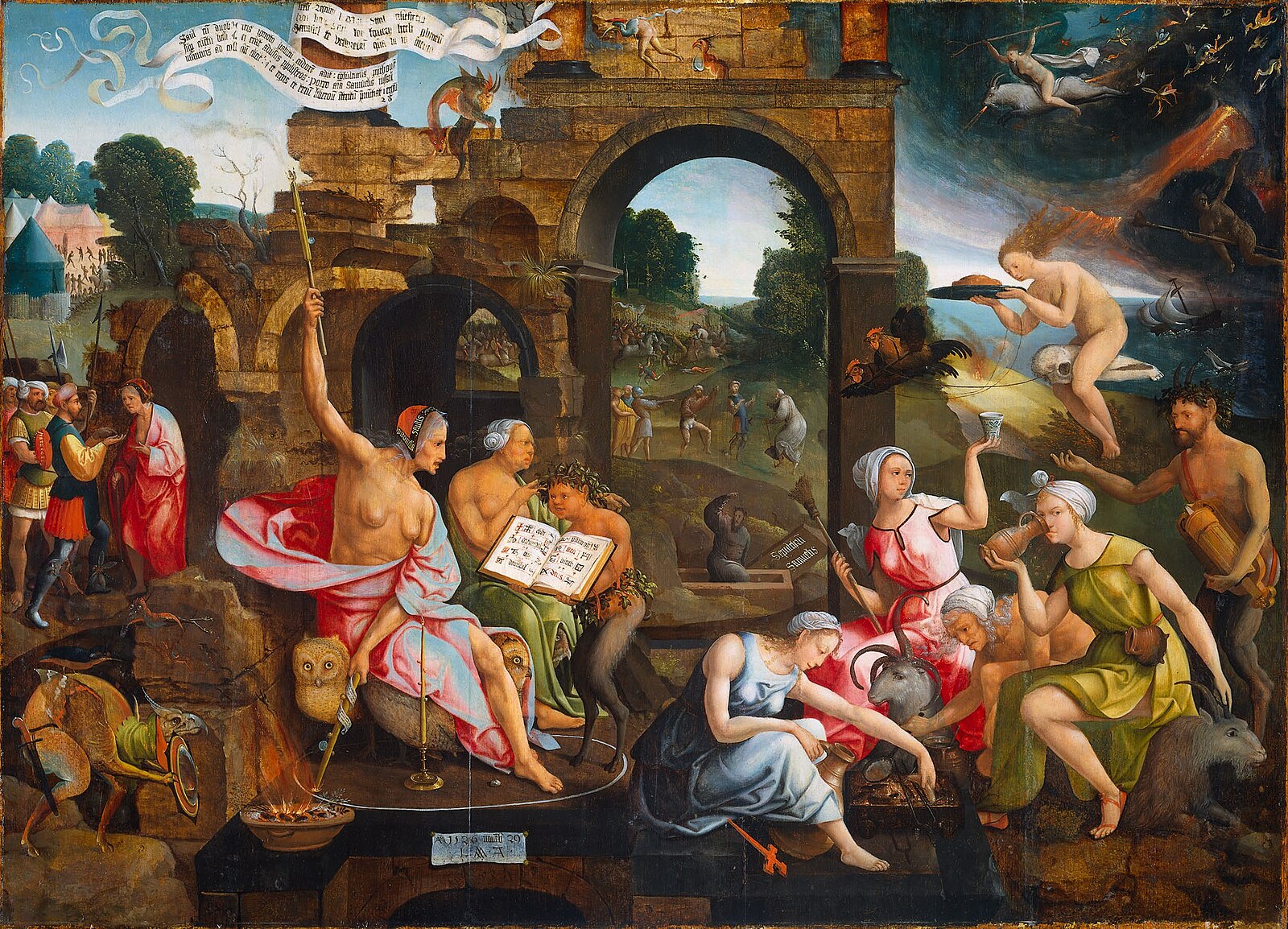Kursinformation

Magic, Witchcraft and Emotions in Early Modern Europe - WiSe 2024/2025
The fear of magical harm ('maleficium') was widespread in many past cultures. Even in pre-Christian times, excessive magic, fortune-telling and necromancy were punishable by draconian penalties. Harmful magic included disease, impotence, weather spells, and love magic. But even useful applications of magic ('beneficia') such as healing and witch defence could be condemned by Christian theologians, as - according to contemporary ideas - they could not be performed without the help of demons. As a result, magical abilities were always based on a verbal, written or ritualised pact with the devil, which in turn meant an apostasy from the Christian faith and thus a withdrawal from the Christian community. During the confessional conflicts following the Reformation, the criminalisation of magical and sorcerous acts intensified in many parts of Europe and only declined in the 17th century to finally vanish with the Enlightenment (18th century).
The seminar’s focus on magical practices is intended to deepen our understanding of the challenges and realities of life in early modern societies. It aims to provide access to an exciting, innovative and above all interdisciplinary field of historical studies. The elaboration of records on magical practices and specific cases of witch trials across Europe will open up fascinating perspectives on Early Modern people and their relation to (and ideas about) the (terrestrial AND celestial) world.
- Trainer/in: Reissig Monett
